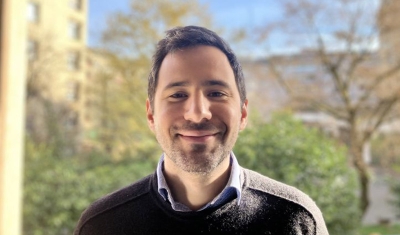Opening Lecture – The 'War on Terror' at 21: Reflections from Practice
Event
For the past 21 years, the global ‘war on terror’ has had a profound impact on human rights and rule of law around the globe, and triggered a vast array of national, regional and international human rights litigation in response.
In this opening lecture of the 2022–2023 academic year, Professor Helen Duffy will highlight what she sees as key characteristics of the ‘war on terror’ as it is unfolding around the globe today, illustrated by reference to examples from her international litigation practice (and real human stories behind the cases and their quests for justice). The lecture will also reflect on the troubling trajectory of a thriving war on terror, the role and limits of strategic litigation in addressing it, and implications for the future.
About Helen Duffy
Helen Duffy is a practicing international human rights lawyer and Professor of international human rights and humanitarian law at the University of Leiden. She is also an Honorary Professor at the University of Glasgow and a Visiting Professor at Melbourne and American universities.
She runs ‘Human Rights in Practice,’ specializing in strategic human rights litigation and advice before regional and international human rights courts and bodies on a broad range of human rights issues – including CIA rendition and torture, counter-terrorism, trafficking and equality, climate justice and accountability.
Helen Duffy is a graduate of the Universities of Glasgow (LLB Hons), University College London (LLM) and Leiden (PhD). Her ublications include The ‘War on Terror’ and the Framework of International law (Cambridge, 2nd ed. 2015), Strategic Human Rights Litigation: Understanding and Maximising Impact (Hart, 2018) and Law in Armed Conflict with Bohrer and Dill (Cambridge, 2020).









